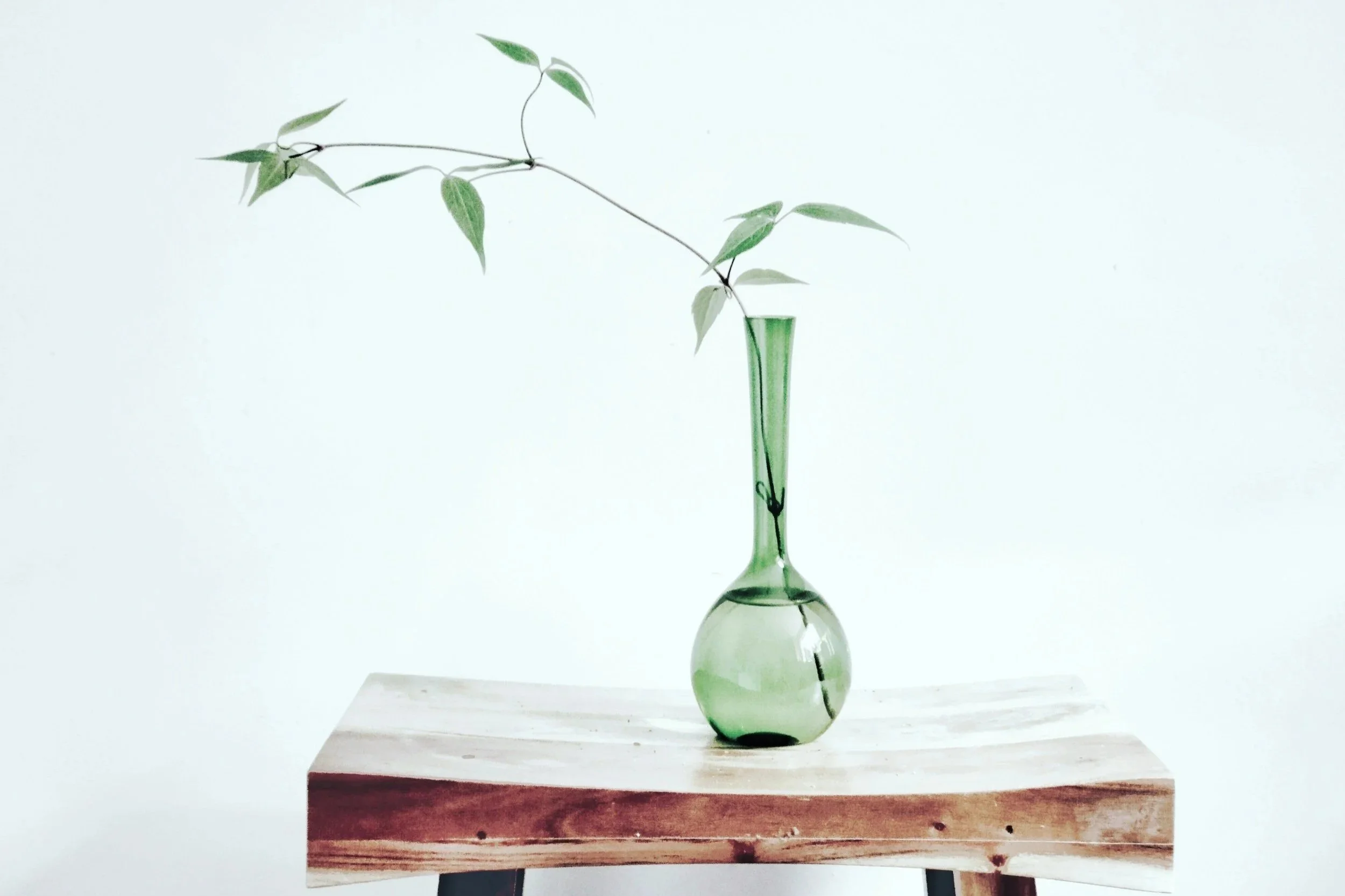Remembering what’s enough through living with less
I’m not the kind of person who can fit their life into a backpack. I still have clothes I’ve outgrown but can’t quite let go of, and there’s a drawer full of cables I might need “someday”. I hold on to certain things, sometimes out of habit, sometimes out of comfort.
But over time, I’ve noticed that the fewer things I bring into my life, the lighter I feel, both physically and mentally.
So no, I’m not perfectly minimalist. Yet in my own way, I’ve learnt to live lighter, to find peace in simplicity.
Maybe that’s what living with less really means: not having little, but learning to want less.
What “less” means to me
For a long time, I thought it was about cutting things out, owning fewer clothes, buying fewer gadgets, keeping only the essentials. But I’ve come to realise that “less” isn’t a number. It’s a feeling.
It’s the calm that comes from not needing to keep up. The quiet that settles in when I stop chasing more. It’s finishing a day without that constant pull to buy, compare, or upgrade.
I think the shift started slowly – after the pandemic, after months at sea, after learning that peace doesn’t always come from having more options, but from having space to breathe.
I still buy things. Sometimes I even splurge on things I don’t need. But now, I pause to ask if they truly add value, or just fill a momentary gap.
That same mindfulness extends beyond possessions into how I consume, waste, and make daily choices. A mindset that naturally overlaps with living more sustainably.
I’m not giving up what I love to be living with less. I’m only keeping what lets me feel grounded.
The benefits of not having too much
When there’s less clutter, there’s less noise. Fewer decisions to make. Fewer distractions pulling me in every direction.
Working on a cruise ship taught me this in ways I never expected. My cabin was small, barely enough room to stretch without bumping into something, yet I never felt deprived. In fact, that small space brought a kind of joy. The items I kept had a purpose. The corners had meaning. It was simple, but it worked.
Without the weight of too many things, I had space to think, room to write, freedom to just be. I realised that simplicity doesn’t take away; it gives back. It gives room for creativity to flow, for clarity to return, for contentment to grow.
The moments I still slip back into more
There are still moments when I want more. A new notebook that might somehow make me more productive. A shirt I don’t need but can already imagine wearing somewhere beautiful. Or the satisfaction of adding things to my online cart just to feel a sense of control.
Sometimes, I catch myself holding onto items for no real reason – little things that gather dust but feel too sentimental to toss. Other times, it’s digital clutter instead: endless scrolling, saving, bookmarking, consuming. It’s all still a form of wanting more, just less visible.
I don’t think the goal is to live with perfect restraint. There’s a balance between being content and still curious, between appreciating what’s here and allowing small joys to enter. I’ve stopped seeing “less” as a rule to follow and started seeing it as something that is flexible.
What matters most is awareness, noticing when the noise creeps back in and gently clearing space again.
Finding joy in enough
Living with less was never about sacrifice. It’s simply about creating space for what matters, the things that bring meaning or ease.
You don’t have to get rid of everything you own, and you don’t need to measure your worth by how little you keep.
After years of wanting more, I’ve come to see that “enough” simply feels better.
Maybe that’s what joy looks like now – waking up, pouring coffee into the same old mug, slipping on the same well-worn shoes, and feeling that, somehow, this is already enough.
You might also like: 9 Ways to Live a Simple Life in a Modern World














